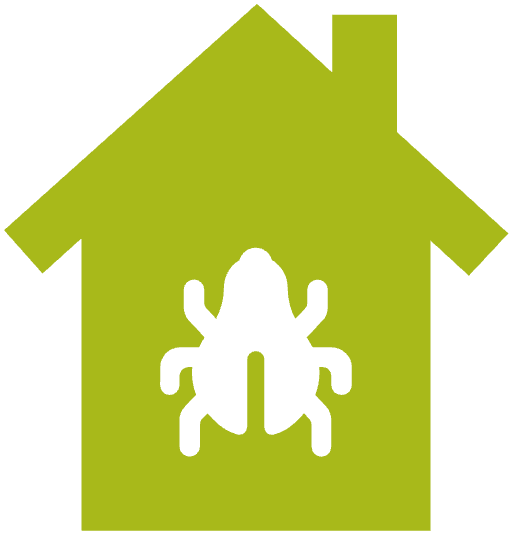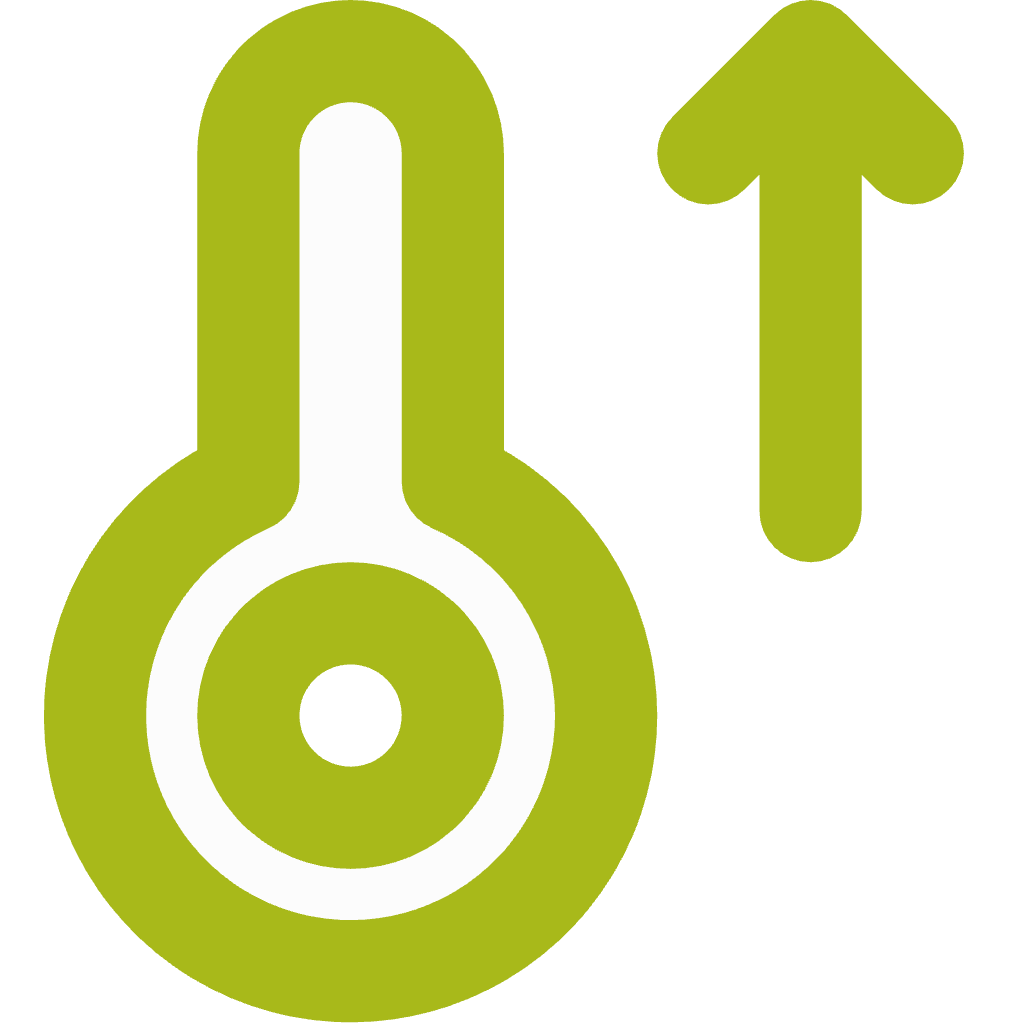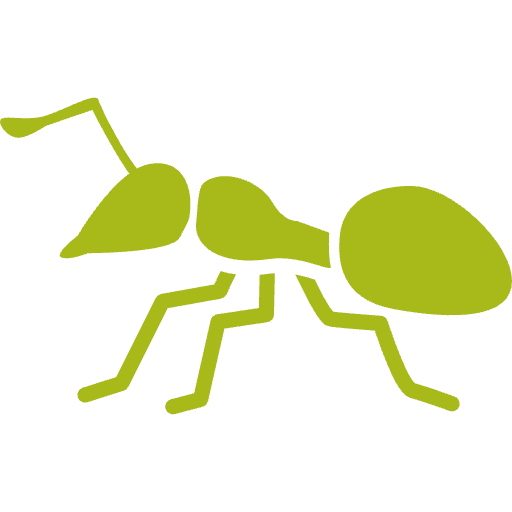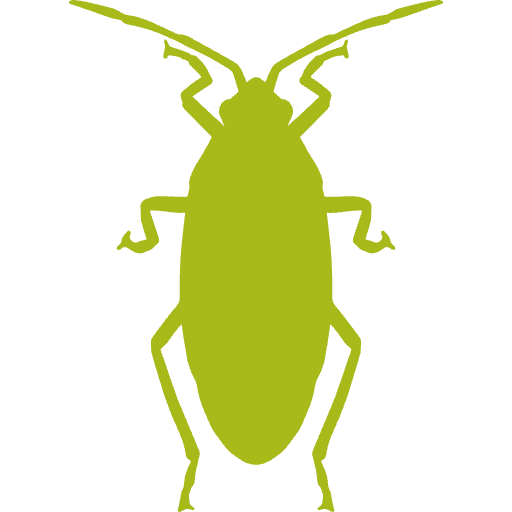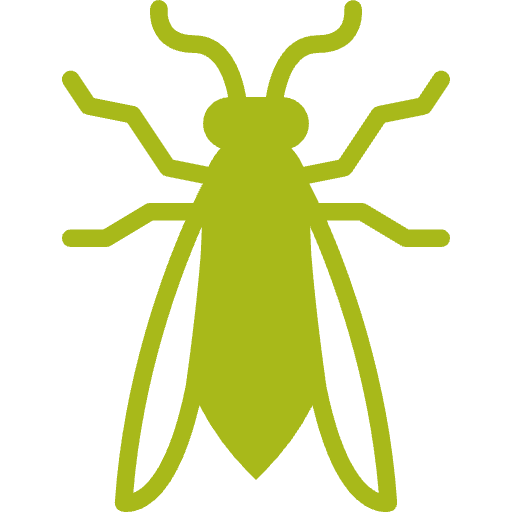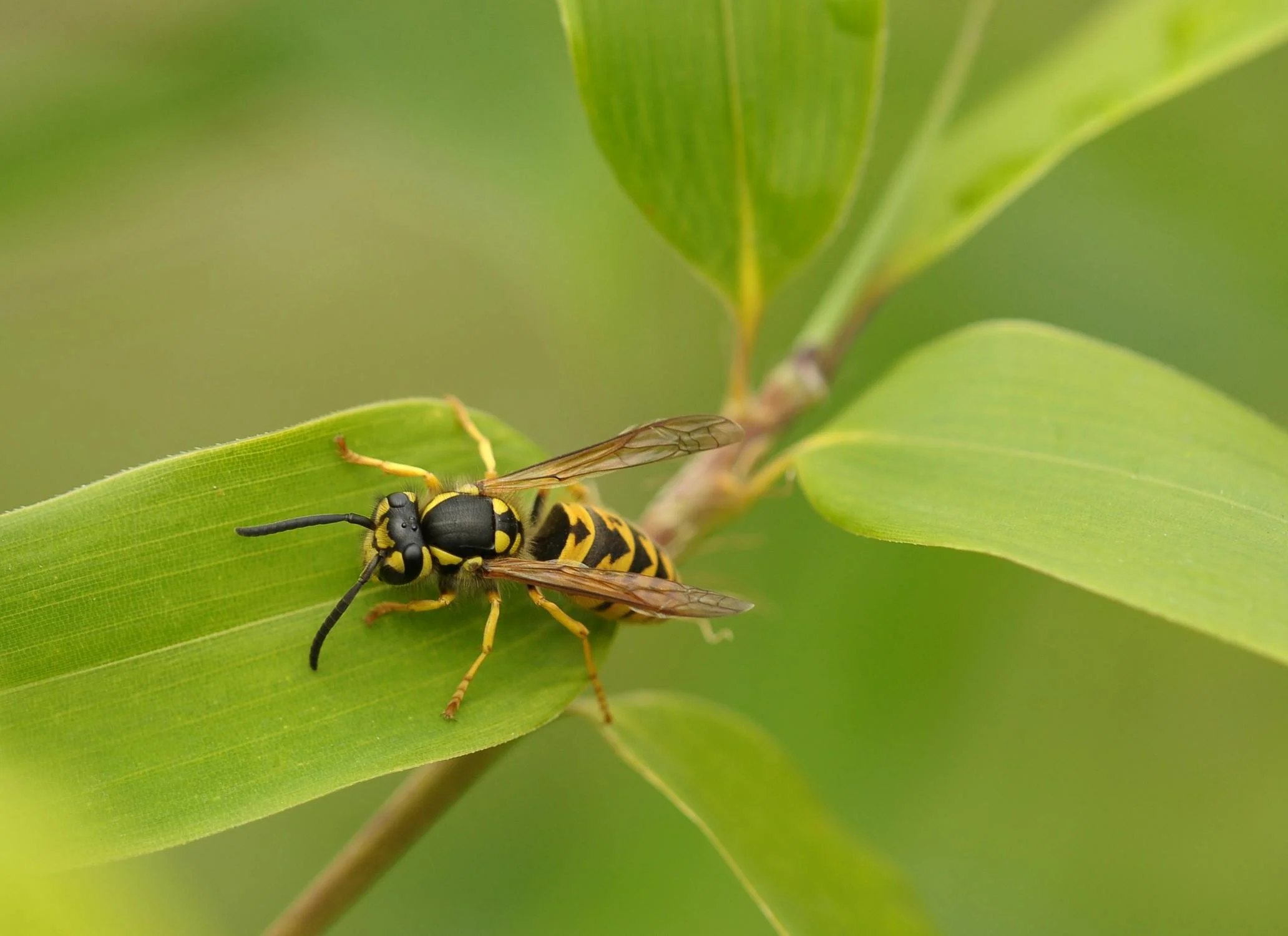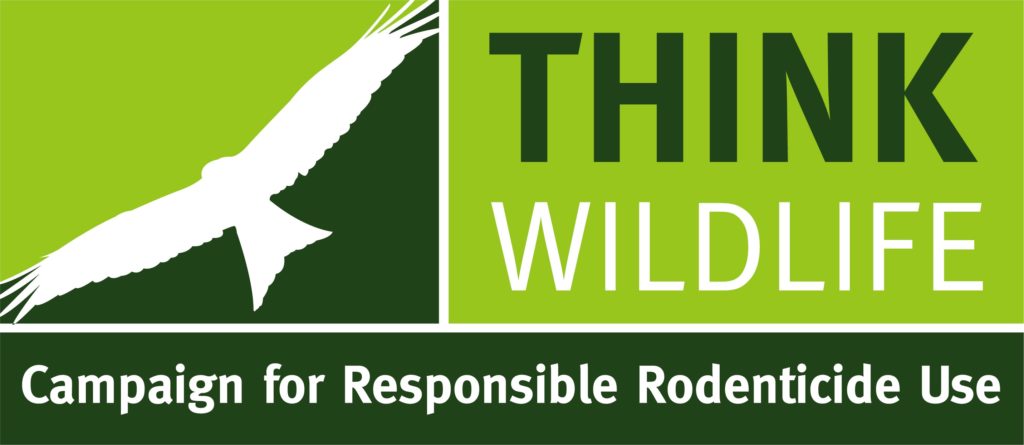The Dangers Of Leaving A Wasp Nest On Your Property
Wasp nests are made from chewed paper and other organic materials, and are usually shaped like a teardrop. When outdoors, they aren’t usually an issue, but wasp nests inside sheds, outbuildings, in highly-used outdoor areas such as playgrounds, or even inside your property, can be a nuisance.
While wasps are only active for the warmer months of the year, they will usually return to the same area, with the new queen setting up a new nest. Wasps never use the same nest twice, but an unattended wasp nest could become a haven for other insect pests, so it’s key that you get rid of it quickly.
Many homeowners mistake wasps for bees or hornets, both of which are very different species that require unique approaches. Essex Pest Proof can identify and treat any of these winged insect pests, so call 07505 506 790 to book your site visit today.

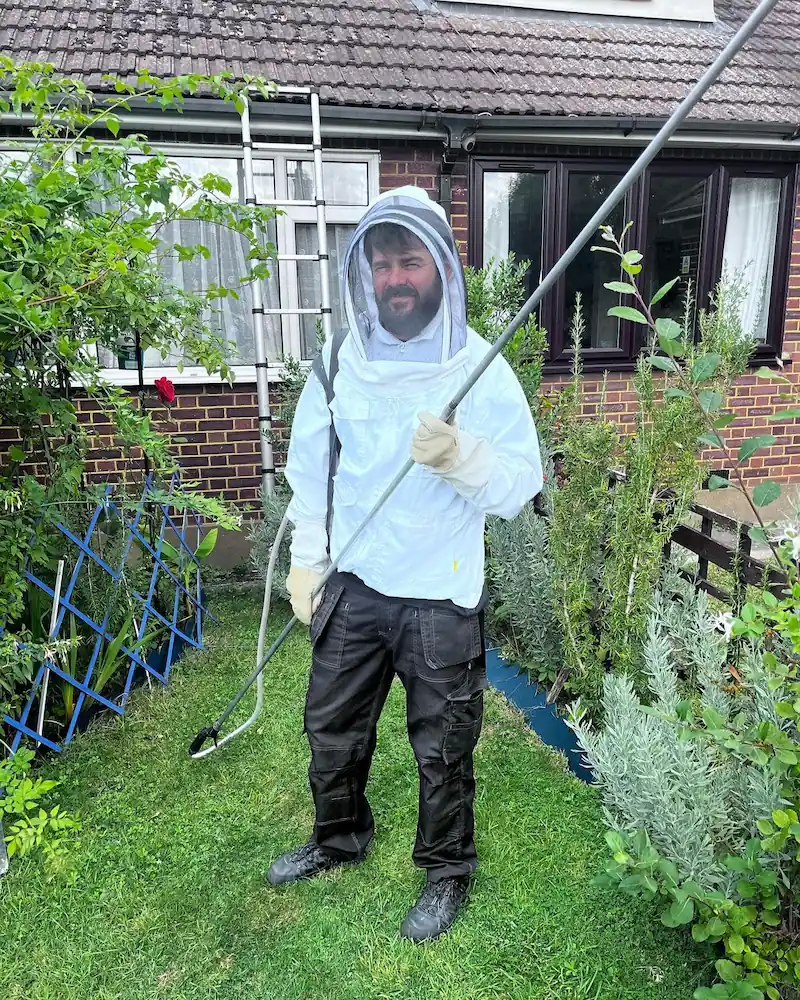
Get Professional Wasp Nest Removal
Wasps can be incredibly dangerous, particularly to homes with families and business premises. That’s because, unlike bees, wasps can sting as often as they like without dying. Wasp stings can be painful and, for those who are allergic to wasps, can cause a reaction or anaphalytic shock, which can prove fatal in some cases.
When they feel threatened or think their nest is going to be destroyed, wasps can quickly become aggressive, which is why it’s recommended that you use professional wasp nest removal. If you carry out the work yourself, you run the risk of being stung repeatedly or of not removing the nest fully, causing it to return.
Essex Pest Proof has the skills needed to quickly treat wasp nests. Our team can quickly attend your property and carry out a treatment that will remove the wasps for good, and also carry out full loft clearance if required to remove all traces of the infestation from your attic space. Contact us to book your wasp nest treatment and protect your property from nuisance wasps.
Trust Essex Pest Proof For Effective Wasp Nest Removal
Accreditations
Epic Pest Control, Without The Saga

Free Quotes

Competitive Pricing

Rapid Response

Licensed & Insured
Other Pest Control Services We Offer

Rodents
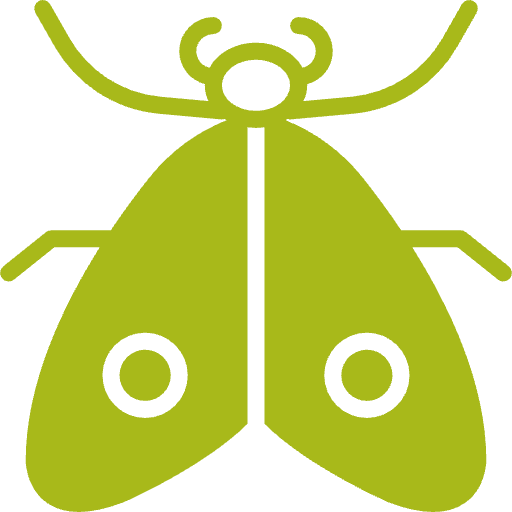
Moths

Birds
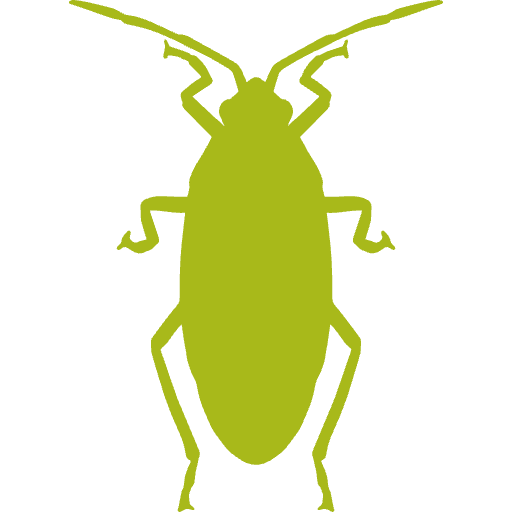
Cockroaches
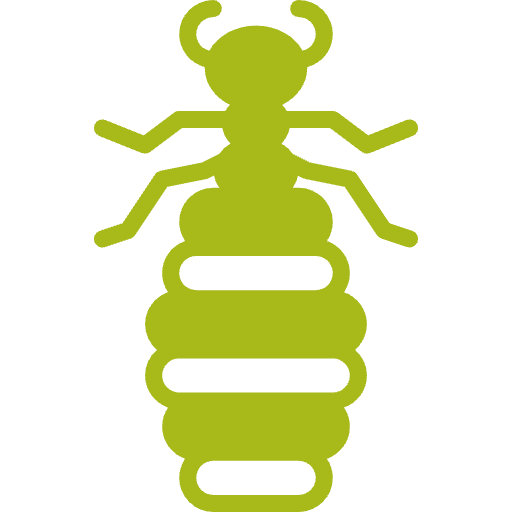
Fleas
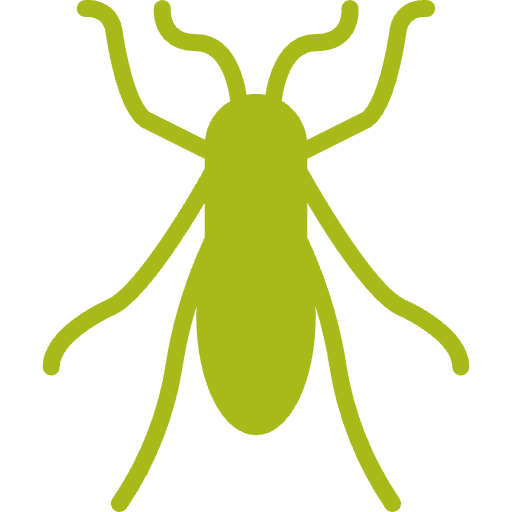
Bed Bugs
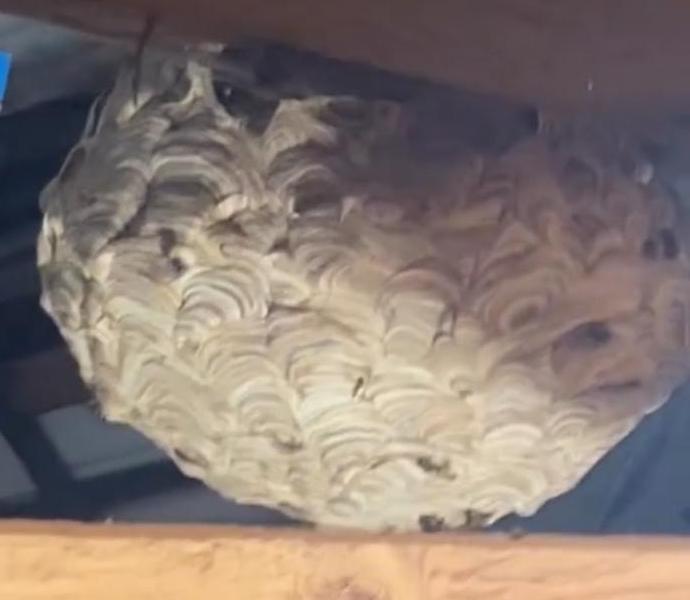
Wasp Nest Removal FAQs
When Is Wasp Season?
In the UK, wasp season spans from early spring to late summer, encompassing the warmer months of the year. The exact times vary each year depending on the weather, as if it is warmer early or later, wasps may remain active throughout late autumn. During the cold winter months, the old queen and worker wasps die off, and the new queen hibernates before emerging in the spring to build a new nest and start a colony.
Will Wasps Leave On Their Own?
Wasps will not leave once they have built a nest, and even after wasp season is over, they will hibernate and then return to make a new nest next year. Wasps never use the same nest twice, but the old nest could become a haven for other insect pests, such as ants. Also, wasp nests quickly expand, so what starts as a nest the size of a golf ball could soon grow into the size of a basketball or even larger, so you need to be proactive.
How Much Does Wasp Nest Removal Cost?
Essex Pest Proof’s wasp nest removal costs from £85, but the exact price will depend on a variety of factors, including the number of nests on your property, the size of the wasp infestation and whether we have easy access to all the nests. For an exact quote, contact us today, and a member of our friendly team will be happy to help.
Can You Remove A Wasp Nest Yourself?
While it is physically possible to get rid of a wasp nest yourself, and there is no law stopping you, wasp nest removal can be dangerous if you don’t wear protective clothing and use the right insecticides. Wasps will sting if they feel threatened, and wasp stings can be painful but also dangerous if you’re allergic to wasps. If you don’t remove the wasp nest fully, then the wasps can return and rebuild from the remains of the nest. Also, wasps like to build nests in tight spaces, such as wall cavities, roofs and even up chimneys, which can make them hard to access without causing structural damage to your property. As such, it is safer and easier to contact Essex Pest Proof for fast, effective wasp nest treatment.


